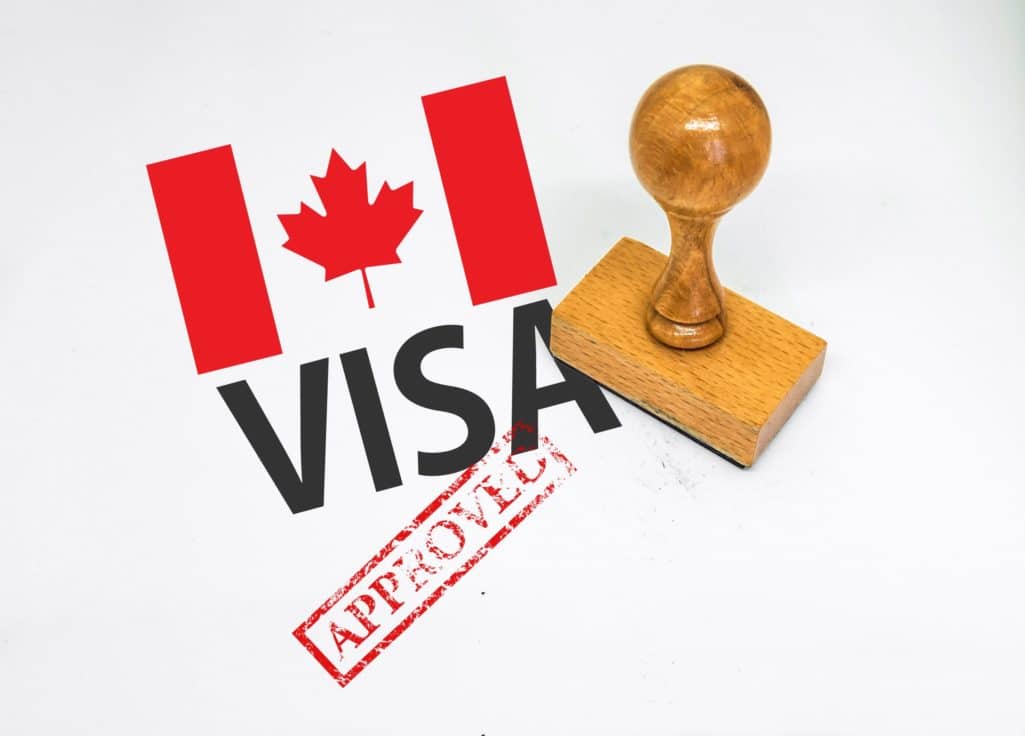We have been noticing a growing number of foreign nationals who do not disclose their foreign pardons to Canadian employers. The non-disclosure could have severe immigration implications on foreign nationals. A foreign pardon is not automatically recognized in Canada. Given this, a foreign national who has a foreign pardon may still be inadmissible to Canada on criminality grounds. If the foreign national is inadmissible to Canada on criminality grounds, then a Temporary Resident Permit or Criminal Rehabilitation may be required to enter Canada. This bulletin will outline what employers should consider when hiring a foreign worker with a foreign pardon.
What is a Pardon?
In general, a pardon sets aside an individual’s criminal conviction. The requirements to apply for a pardon are different in each country. In Canada, an individual can submit a Record Suspension (formerly called a “Pardon”) application to the Parole Board of Canada to request that a criminal conviction be set aside from the Canadian Police Information Centre database when an associated sentence is completed. To do so, the individual must demonstrate he or she has been a law-abiding citizen for a prescribed period of time (5 years for a summary offence and 10 years for an indictable offence).
When the criminal offence is committed in Canada and an individual’s Record Suspension application is approved, then the individual’s criminal record is removed from the Canadian Police Information Centre database. Please note the criminal record is merely set aside and is not erased from the Canadian Police Information Centre database.
What should an Employer consider when hiring a Foreign Worker with Foreign Pardon?
Many foreign nationals apply for a pardon to assist them in finding employment. For example, when a foreign national obtains an expungement (pardon) in the United States, then the individual usually does not need to disclose to most potential employers the existence of the criminal conviction unless the individual is applying for certain government positions or is running for public office (not an exclusive list). As such, when foreign nationals apply for jobs in Canada and are asked by Canadian employers whether or not they have a previous criminal conviction, they often do not disclose their criminal convictions because they have been issued a foreign pardon. From our experience, most foreign nationals do not know that a foreign pardon is not automatically recognized in Canada and would assume that a foreign pardon would make them admissible to Canada.
Foreign workers who rely on their foreign pardon may encounter serious immigration consequences. As such, employers should consider taking the below steps to assist foreign workers with their Work Permit applications:
- Inform foreign workers that a foreign pardon is not automatically recognized in Canada. The Federal Court outlined in Canada (Minister of Employment and Immigration) v Burgon [1991] 3 FC 44, that three elements must be established before a foreign pardon may be recognized: (i) the foreign legal system as a whole must be similar to that of Canada; (ii) the aim, content and effect of the specific foreign law must be similar to Canadian law; and (iii) there must be no valid reason not to recognize the effect of the foreign law. Therefore, the foreign worker must inform the employer that the individual has received a foreign pardon so the employer can seek legal counsel to determine if the foreign worker requires a Temporary Resident Permit or Criminal Rehabilitation to enter Canada.
- Inform foreign workers that they need to accurately answer the Work Permit application forms regarding whether or not they have a criminal record. A false declaration could lead to a finding of misrepresentation and the foreign worker could be barred for five years from submitting an application to IRCC to enter Canada.
Conclusion:
A pardon does not erase a criminal conviction. From an immigration perspective, all foreign nationals with a foreign pardon must disclose their criminal record on their applications to Immigration Canada. A false declaration on the application forms to IRCC could lead to a finding of misrepresentation and the foreign national may be inadmissible to Canada on misrepresentation grounds for a period of five years.
This is a brief outline on what employers should consider when hiring a foreign worker with a foreign pardon. For further information, please do not hesitate to contact one of the lawyers in our Immigration Law Practice Group.



